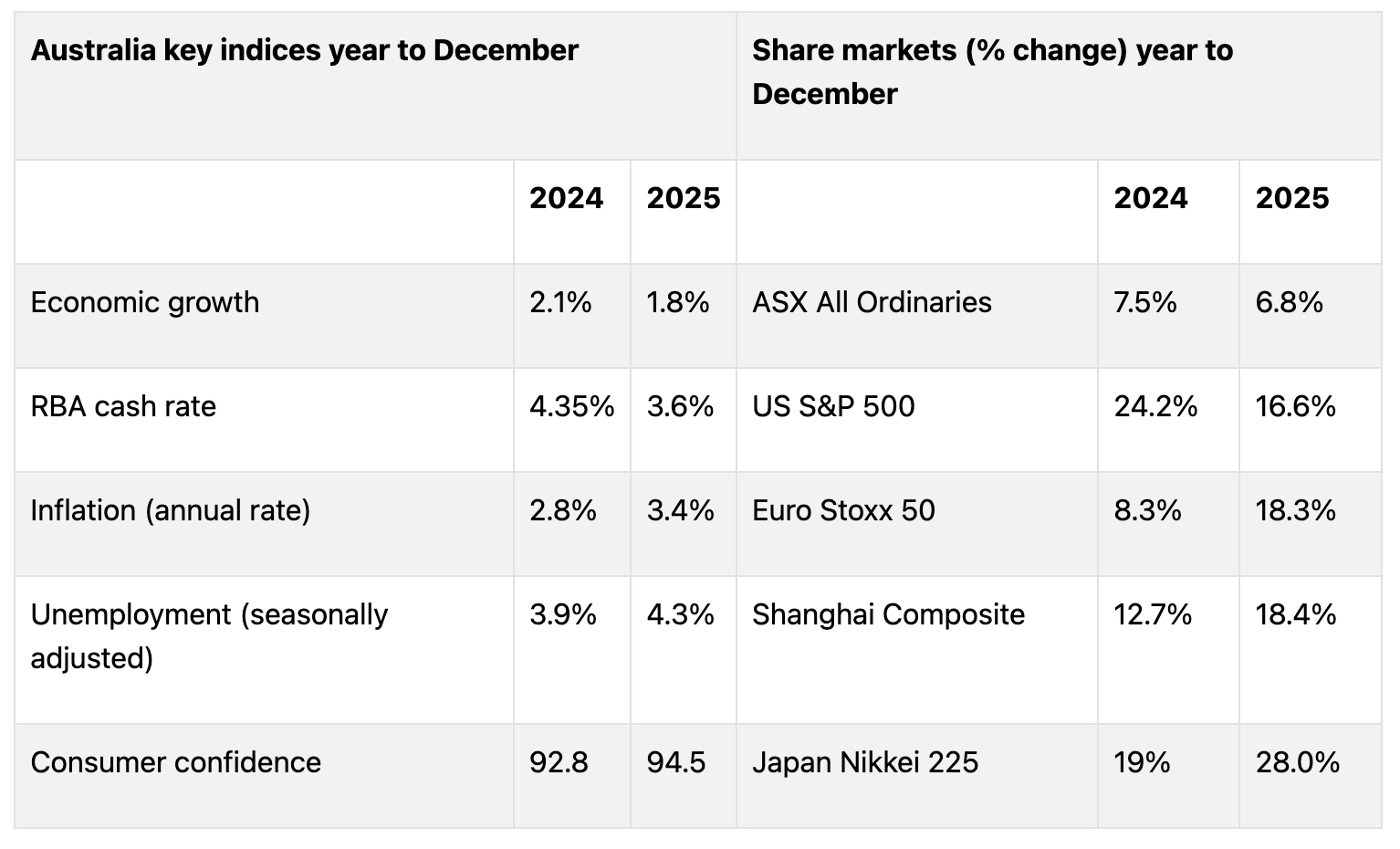
Why you should review your super
Your super could be one of the biggest assets you’ll accumulate in your lifetime.
However, many Australians think they don’t need to worry about their super until retirement. Some don’t think about it at all.
It’s never too early to think about your super and the earlier you get on top of it, the better. It’s a good idea to regularly review and manage your super at least once a year. It’s important to make sure you:
- are getting the super you’re entitled to from your employer
- know where your super is.
Small decisions you make today can have a big impact on your final super balance.
For instance, missing out on some employer contributions today, could have a huge impact on your final super balance due to the compounding effect of earnings. The same can happen if you have lost or unclaimed super.
Benefits of a super health check
A super health check consists of 5 simple yet important checks you can do to get on top of your super today. It will help you:
- manage your super
- understand your entitlements
- make better choices for your future.
You can complete a super health check at any time however, we suggest you get into the habit of doing it each year.
Check 1: Check your contact details
Check your contact details and tax file number (TFN) are up to date with th ATO and your super fund. This helps prevent lost super and assists the ATO in matching any unclaimed super to you. It’s also important to ensure your bank account details are up to date.
Log on to ATO online services through myGov. In the top menu, select My profile. From the drop-down options, select either:
- Personal details to update your name, contact number, email and home address
- Financial institution details to update your bank account and
- under the Account heading, you will see Income Tax and Superannuation
- select either Add or Update.
To update your contact details and TFN with your super fund, see their website or contact them directly, or speak to us.
Check 2: Check your super balance and employer contributions
It’s important to check your super balance each year to see how much you have and keep track of your employer contributions. You can do this anytime on ATO online services or through your super fund.
Your employer should currently pay your super at least every 3 months, this will change on 1 July whereby your super must be paid the same time as your wages. They may choose to do it more frequently, such as your regular pay cycle. If you’re under 18, you need to work more than 30 hours a week to be eligible for super. For the latest super rates information visit Super guarantee.
Funds report account balances to the ATO at certain times of the year. Balances shown in ATO online services may be different to your actual current balances.
Log on to ATO online services through myGov. From the top menu, select Super and then either:
- Fund details to see all your super accounts and balances (including those held in funds or with the ATO) and the most recent data reported by your fund.
- Information then Employer contributions to see the total year-to-date employer contributions in a selected year – select Transactions to see each contribution separately.
For help calculating the amount of super your employer should be paying, use the Estimate my super tool. If you do not receive super contributions or the amounts are incorrect:
- contact your employer and request an update
- report it to the ATO.
Check 3: Check for lost and unclaimed super
You may have lost track of some of your super when you changed your name, address or job, for example. This is why it’s important to ensure your fund has your current details.
Lost super is when your fund has lost touch with you, or your account is inactive. This money is held by your fund. Unclaimed super is when your fund transfers lost super to the ATO.
All your super accounts including lost and ATO held super are displayed on ATO online services.
Log on to ATO online services through myGov. From the top menu, select Super. Then select either:
- Fund details to check for lost super – if you want to keep your super with the same fund, contact them directly to update your details.
- Manage and then Transfer super to transfer this lost super to an eligible super account – or ask your fund to complete the transfer for you.
- Manage and then Transfer super to transfer ATO held super to an eligible super account.
- Manage and then Withdraw ATO-held super to have your super paid directly to you if the amount is less than $200 or you are over 65.
Check 4: Check if you have multiple super accounts and consider consolidating
If you’ve had more than one job, you may have more than one super account. It’s important to know how many super accounts you have. Combining your super may reduce fees and make it easier to manage.
If you decide to consolidate your super, it’s important to choose the fund that’s right for you. You should check that it provides better value, and the insurance cover suits your needs, which may change throughout your life. To see which fund is the best option for you, visit MoneySmart. If you are unsure of what to do, contact your super fund or we can assist you.
Log on to ATO online services through myGov. From the top menu, select Super then either:
- Fund details to see all your super accounts and balances.
- Manage and then Transfer super to consolidate your accounts, then
- select the fund you want to close (transfer)
- select the fund you want your money transferred to from the accounts listed
- confirm your selection and submit request.
Check 5: Check your nominated beneficiary
Take the time to ensure you have a valid death beneficiary nomination in place with your super fund as this isn’t covered by your will. This means your loved ones will not be put through unnecessary difficulties to finalise your estate.
Most binding nominations expire every 3 years. Some super funds have an option where nominations do not expire and remain in place until they are revoked.
If you don’t nominate a beneficiary, your fund may not know who your benefit should be paid to. In these cases, they will follow the law. This usually means they pay it to one or more of your dependents or your legal personal representative.
To check or nominate your death beneficiary:
- Refer to your super fund’s website or contact them to check if you already have a valid nomination in place.
- To update it, complete the form from your super fund, sign and date in the presence of 2 witnesses.
- If you are unsure what to do, contact your super fund or seek independent financial or legal advice from a qualified estate planner.
We’re here if you need any help.
Source: ato.gov.au
Reproduced with the permission of the Australian Tax Office. This article was originally published on https://www.ato.gov.au/individuals-and-families/super-for-individuals-and-families/super/growing-and-keeping-track-of-your-super/keeping-track-of-your-super/super-health-check#ato-Whyyoushouldreviewyoursuper
Important:





